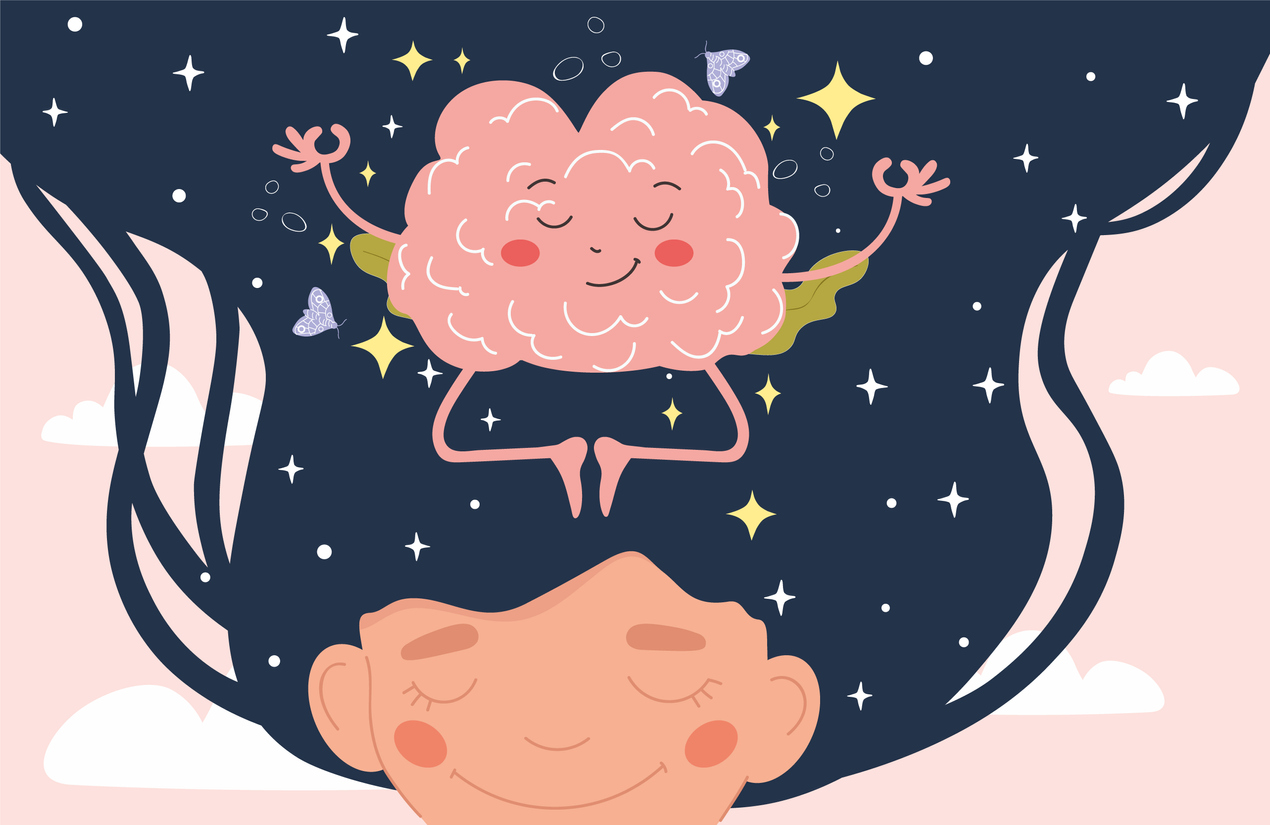Living with Chronic Pain
What Is an Anxiety Disorder?

86 people found this helpful
Print
Share
Save
Anxiety disorders are a group of mental health conditions that are characterized by persistent and overwhelming feelings of worry and fear. Left untreated, an anxiety disorder often disrupts day-today functioning; however, with proper treatment, people with anxiety disorders can lead fulfilling lives.
Types of anxiety disorders
Types of anxiety disorders include, but are not limited to, the following:
- Panic disorder is characterized by the fear of having a panic attack. It can develop after experiencing one or more panic attacks. Symptoms of a panic attack include, but are not limited to, sudden feelings of utter terror, racing heart, sweating, and an impending feeling of doom. Panic disorder develops when the fear of having another panic attack becomes pervasive and interferes with everyday life.
- Social anxiety disorder, also known as social phobia, social anxiety disorder develops when overwhelming feelings of self-consciousness occur in everyday social situations.
- Specific phobias occur when intense fear is felt when exposed to a specific object or situation.
- Generalized anxiety disorder involves frequent, extreme worrying that interferes with everyday life.
General symptoms
Symptoms of anxiety disorders include, but are not limited to, the following:
- Panic attacks
- Feeling restless or tense
- Sense of impending doom or danger
- Sleep issues
- Sweaty
- Trouble with concentration
- Numb, cold, or tingling hands or feet
- Shortness of breath
- Heart palpitations
- Dry mouth
- Nausea
- Tense muscles
- Tight chest
- Dizziness
Treatments
- Medications
Antidepressants are often effective treatments for anxiety disorders. Anticonvulsant medications or low dose antipsychotic drugs may also be prescribed in combination with other medications. Anxiolytics also help to lower anxiety. - Psychotherapy
Psychotherapy helps an individual understand their emotional reaction to anxiety. Cognitive behavioral therapy (CBT) is a type of psychotherapy that helps people recognize and change thought patterns that trigger anxiety or panic. CBT is very effective in the treatment of anxiety disorders.
Risk factors
Certain factors can increase the risk of developing an anxiety disorder:
- Chronic illness
- Family member(s) with an anxiety disorder
- Certain personality types (e.g., perfectionist)
- Past trauma
- Excessive stress due to work obligations, family responsibilities, or financial concerns
- Other mental health conditions, such as depression
- Drug or alcohol use


















